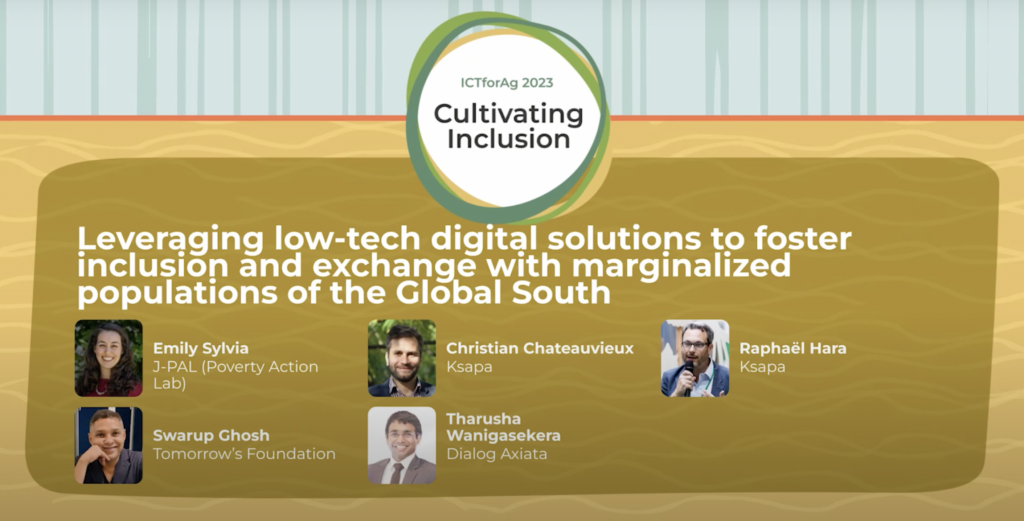Encouraging the development of decarbonized mobility requires to connect the dots across several industries for holistic progress. Overview.
Category Archives: Climate Change
The CSRD focuses on the resources deployed and the governance ensuring that material issues are taken into account and properly managed.
In view of recent controversies related to voluntary carbon markets (VCMs), Ksapa hereby provides recommendations to get it impactful.
Here’s a concrete overview of how US SEC rules compare with CSRD/ESRS and IFRS ESG disclosure requirements.
Cocoa is the main component of a vast industry with far-reaching repercussions on a global scale. While many of us love chocolate for its taste, cocoa has a less sweet side that poses serious problems. The cultivation and production processes are linked to complex challenges covering social, environmental and economic dimensions. Challenges, analysis and new solutions.
Coconut plantations, which often receive minimal attention compared to crops such as palm oil, represent a less profitable and less attractive option for farmers. Coconut growing is not just an industry, but also a vital part of rural economies. Overview and solutions.
Trends to follow in 2024 to accelerate “just” decarbonization of asset companies – whether based in the EU or trading with the EU.
In this article we summarise a recent session we hosted on ICTforAg on how best to leverage low-tech digital solutions for agricultural transformation across developing economies bringing in perspectives from policy research, on-ground nonprofit, and a large telecom provider.
In this article, Ksapa clarifies the new EU requirements to be included in the CS3D.
In this blog, Ksapa discusses the key challenges in agriculture and learnings from the agricultural events held during COP 28











